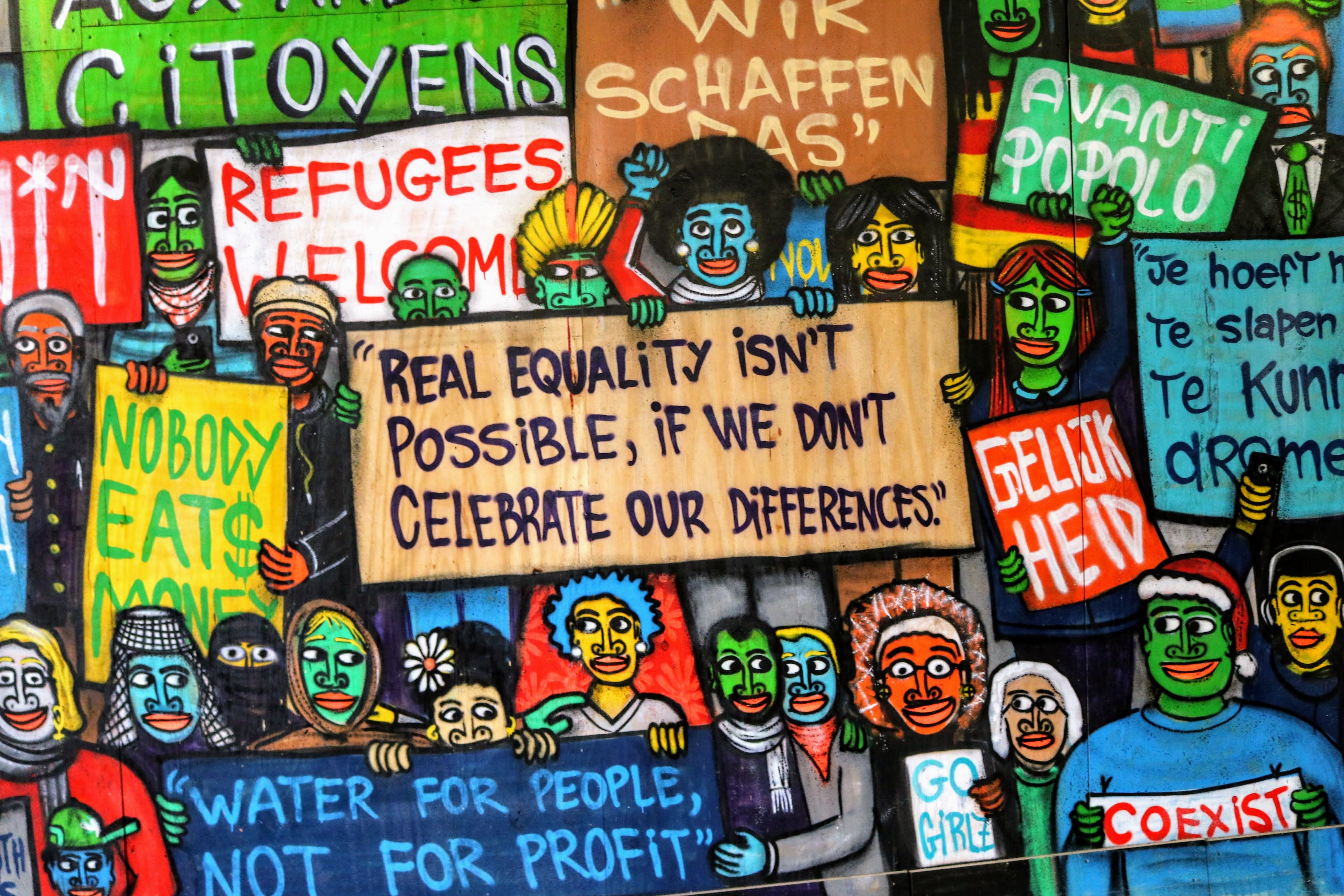
Immigration Scholarship: History, Trends and Development in Global Immigration

Islamophobia Post-9/11 and its Effects on Afghan Refugees
Files
Download Full Text
Date of Submission
May 2022
Semester
Spring 2022
Class
Article
Professor Name
Sabnam Ghosh
Abstract
The topic that will be researched is as said; the ramifications of post-9/11 Islamophobia and its effects on Afghan refugees, as well as its global negative consequences due to the rise of radicals in the Islamic state. Since the events in 2001, there has been a clear change in how people view Islamic and Middle Eastern people. A deeper investigation is sought out and is studying Islamophobia, and how it has rapidly spread since the 9/11 attacks. One focused area of this study is to analyze how refugees from Afghanistan and neighboring countries have been treated inhumanely and unethically. Another is to identify why, twenty years after the terrorist attacks, Islamophobia is still present in many countries today. The research is leaning toward the interpretive methodology group. It is also being conducted using the KSU library and other well-known sources with credible authors and publishers. It is hypothesized that the 9/11 attacks were the primary source of Islamophobia in the last two decades, not just in the United States, but throughout the entire world.
Keywords
Islamophobia, 9/11, Prejudice, Refugee
Theme
asylum seekers
Disciplines
Community-Based Research | Inequality and Stratification | Migration Studies | Peace and Conflict Studies | Race and Ethnicity | Social Justice


